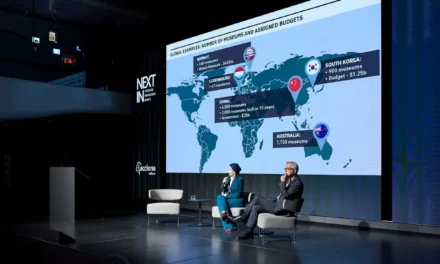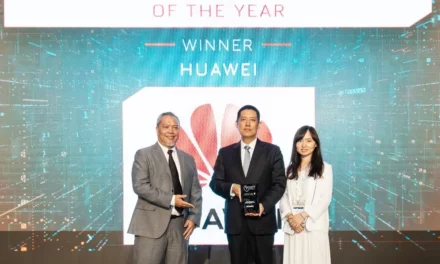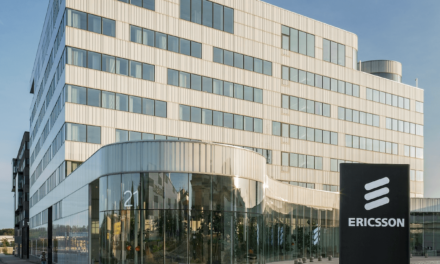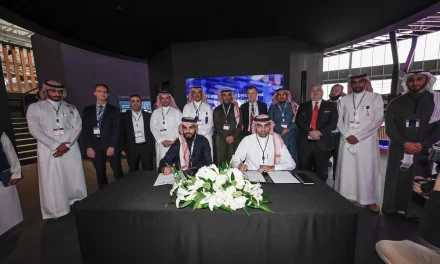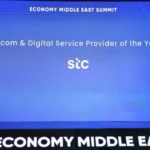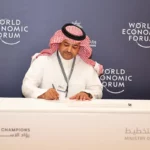
5G and the Future of International Relations
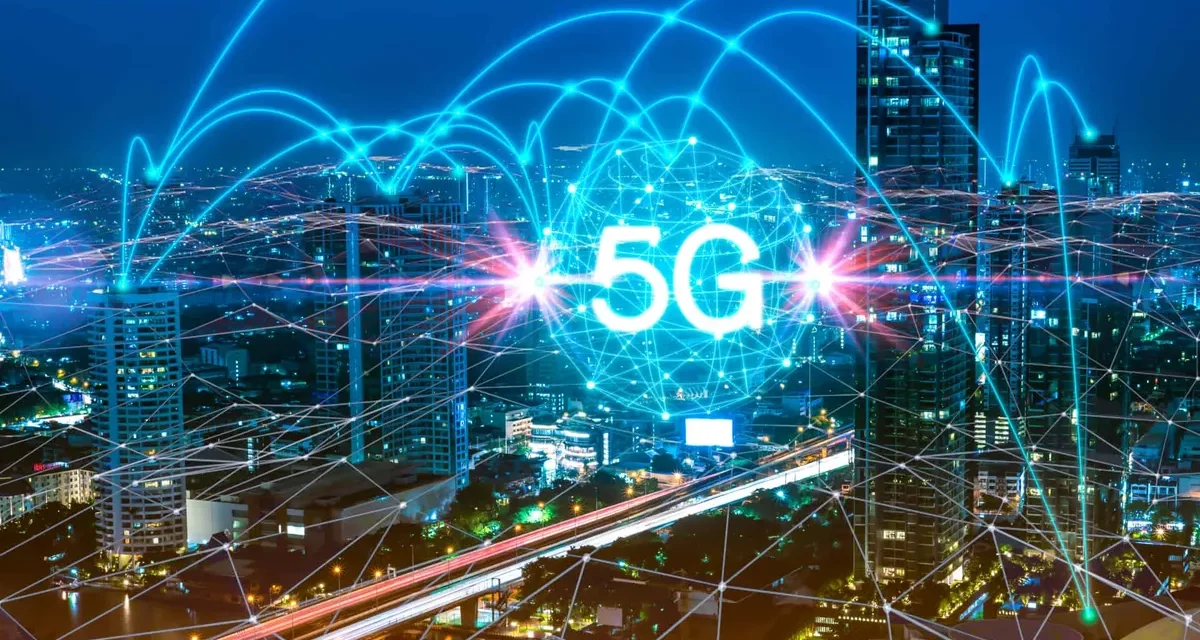
In the current digital era, 5G technology is at the forefront of innovations in the Information and Communications Technology industry (ICT) as it carries with it great opportunities for the development of businesses and services to end users, thus contributing to supporting the economic recovery of countries, especially after years of stagnation following the COVID-19 pandemic, oil price fluctuations, the current state of war between Russia and Ukraine and the new international alliances that rely heavily on the capabilities of technology to make a difference in the arena of competition.
One of the most important features of 5G is its positive impact on the future of various sectors and industries at the level of upgrading communication and providing more digital services and taking advantage of the integration capabilities with other vital technologies such as artificial intelligence (A.I.), cloud, computing, and industrial applications, all of which inject new stuff on the path of digital transformation and social and economic development.
Experts say that whoever owns the keys to the next generations of telecommunications technology, such as the currently booming fifth generation (5G), the fast approaching 5.5G, and the sixth generation (6G) with its R&D competition, is already heating globally.
One of the main reasons for the tension between the United States and China is the struggle to control advanced technologies, specifically the global 5G market. The United States is confident that China’s strategy of focusing on technological superiority and conquering global markets through its giant companies such as Huawei is a significant concern for its history of dominance of technology globally. This has led to a sustained crackdown on China and its companies in the context of allegations that China’s technology threatens national security and many other claims related to cybersecurity breaches.
In cooperation with its various allies, the U.S. campaign against China and its companies is to ban Chinese companies from accessing products that might contribute to their technological superiority, most importantly advanced chips. The United States is trying to convince all its allies not to accept 5G technology from China’s most influential companies, such as the government ZTE and privately owned Huawei who already established itself as a fierce competitor in the 5G market. Hence, the competition arena in the field of 5G is driven by political alliances, and decisions are made with geopolitical motives away from scientific facts and factual shreds of evidence. There is a real need to neutralize technology from politics, not limit the spread of its positive benefits to humanity.
Many Middle East countries have managed to create a good balance between the U.S. and China in buying and utilizing technology. The GCC countries, for example, have become world leaders in 5G deployments and have had no conservations on using 5G technology from China’s most influential company, Huawei. But the U.S. campaign against Huawei, which does not stop, is gaining momentum, and its influence reaches countries in the region planning l to launch 5G, especially countries with strategic alliances with the United States.
Jordan is the current example, as the announcement of the 5G launch is already made. The project would be a turning point in Jordan’s digitalization journey as it is expected to achieve significant gains in-line with Jordan’s EconomicModernization Vision.
The Jordanian government needs to address significant challenges related to the project. The privately owned three telecom operator companies in Jordan can not do the project without the support of the government, which has already provided a stimulus package and incentives to carriers, not sufficient from their point of view as it does not address their real concerns.
As for the selection of vendors that will build 5G networks for telecom companies in Jordan, it is essential for them that the Jordanian government focus on ensuring a healthy business environment and fair, transparent competition opportunities for all vendors interested in bidding for the project, regardless of the nationality of the supplier. The enabling business environment for global suppliers will encourage them to offer their top expertise and capabilities to support Jordan in spreading 5G benefits to all verticals, industries and citizens. . It is vital to provide equal opportunities for suppliers based on their competencies, experience, price compatibility and adhering to the international standards, apart from other considerations such as global political alliances.
Facts indicate that Huawei is the first-choice candidate to support the 5G launch project in Jordan due to its existing footprint in the telecommunications market with the three operators Zain, Orange, and Umniah and its advanced innovations in 5G outperforming competitors, and its global expertise and latest solutions, products, services and best business use cases proven success in many markets regionally and globally. Jordan should benefit from the experiences of other countries, such as the GCC, which has become a world leader in 5G implementation in partnership with Huawei and become a global model to follow.
The launch of 5G in Jordan is an example of a decision that must be taken away from considerations other than the technology domain and its advantages to citizens. Suppose Jordan decides to deal with the 5G launch project in light of its alliances with the United States and block Huawei from working on building the 5G network business by the NATO and U.S. intelligence recommendations. In that case, Jordan could lose many gains from the project, and a state of fluctuation may encounter the relations with China, Jordan’s most important economic partner.
Pressure on telecommunications companies in Jordan under the intelligence direction to refuse to work with Huawei and to provide them with alternatives such as ad-free spectrum or financial compensation may not be realistic as, most importantly, telecom operators are keen not to miss on the opportunity to build on their existing telecom network successes with Huawei.
Industry experts say that Huawei’s leadership in 5G was due to the early and significant investments in R&D. The company began research and development in 5G in 2009 and spent 132.5 more billion Dollars over ten years. In 2021 alone, it invested 22.4 Billion Dollars in R&D, which counts for 22.4% of its annual revenue. Huawei has the most significant number of patents globally, and by 2021 has received more than 110,000 patents, contributing to the 5G business boom. Huawei’s 5G base stations have been at the forefront of innovations that have passed the GSMA’s network security test, the most accredited and trusted in the telecom industry. The company holds a leading position in cybersecurity at the global level. It has built over 1500 telecommunications networks serving more than one-third of the world’s population in more than 170 countries and regions.



